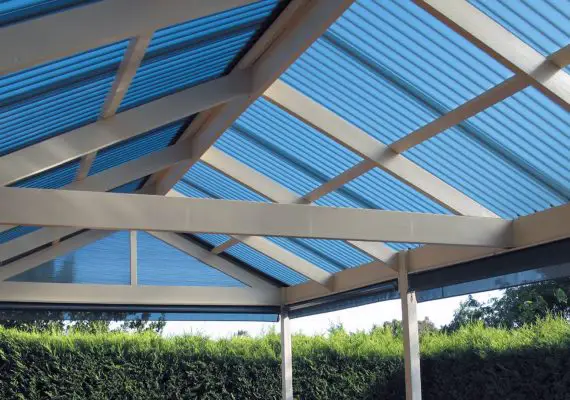Is The Victorian Roof A Mansard?
Is The Victorian Roof A Mansard?
Particularly Second Empire houses, a style of Victorian architecture that became popular in the U.S. in the middle of the 19th century, were characterized by their characteristic mansard roofs.
During Napoleon III’s rule, often known as France’s Second Empire, these roofs were restored in France, giving the style its name.
It has been said that their popularity in the U.S. was because Second Empire homes were popular in France, so French architects brought the style to the United States with them.
However, this does not explain why a style of architecture imitating French houses would be popular in America or why Americans would develop it into its full-fledged style of architecture.
The popularity of Second Empire houses in France symbolized French nationalism; they represented a rejection of the previous regime and an embrace of new ideas such as nationalism.
This would not apply to Americans, who had only recently won independence from Britain and had no need for such symbolism.
Do You Need Planning Permission For The Mansard Roof?
A mansard requires full planning clearance, but certain other forms of a loft conversion can be done under permitted development rights. It is important to check Hull building regulations before you proceed, though.
It is also important to ensure that you do not encroach on any part of your neighbor’s property when building your mansard roof. This requires clear space around the building and could mean you must buy any adjoining land if planning permission is not an option.
What Is A Mansard Roof Truss?
The Mansard Style Roof Truss has two slopes on each side, with the lower slope by the dormer window being steeper than the top. Depending on the design, each side can be curved or flat; it is also known as a French roof or Curb Roof.
It is a variety of the Gambrel Roof with two slopes on each side like you would see on a barn. It is not typical of house roofs and is often seen on barns, in addition to mid-to-late 19th-century mansard houses with Second Empire styling.
What Is The Benefit Of A Mansard Roof?
It makes it easier to grow. The mansard room’s structure makes it considerably easy to extend and add to than other varieties. This is because the bottom slope is vertical, making it much easier to construct more storeys in the future.
It offers extra headroom, allowing for more usable space on the top floor; it also has a sloped roof, which reduces the chance of leaks.
It has less gap between the roof and its walls than other styles. Its curved walls are smoother and easier to paint; you get no unsightly pockets of rusted-out metal or exposed seams. Why
What Is The Function Of A Mansard Roof?
The mansard design maximizes internal attic space and provides a straightforward option to add one or more storeys to an existing (or new) structure without requiring brickwork. It is a very common, simple, cheap way to add usable space.
The advantage of the mansard style over other designs is that it allows maximized utilization of the attic while keeping it in the same plane as, or just above, the main structure.
This is ideal from a design standpoint because it avoids the cost of lifting interior walls and ceilings into two stories. The mansard style also provides a large amount of floor area for minimal added building materials and costs.
Where Is The Mansard Roof Used?
Mansard roofs may be found on structures worldwide, including in the United States, although they are most commonly associated with France. It is often used as a house style, although it may also be used on other buildings or shelter structures.
The term “mansard style” is most commonly used to describe a style of architecture, although it also refers to a specific type of roof.
Why Is The Mansard Roof Used?
The mansard roof type maximizes internal attic space and provides a straightforward option to add one or more stories to an existing (or new) structure without requiring masonry. This is a very common, simple roof type.
It allows for maximum use of the attic space and minimal additions of materials, thereby saving money. It is also a roof with a shallow pitch and one that is designed to be easily accessible.

